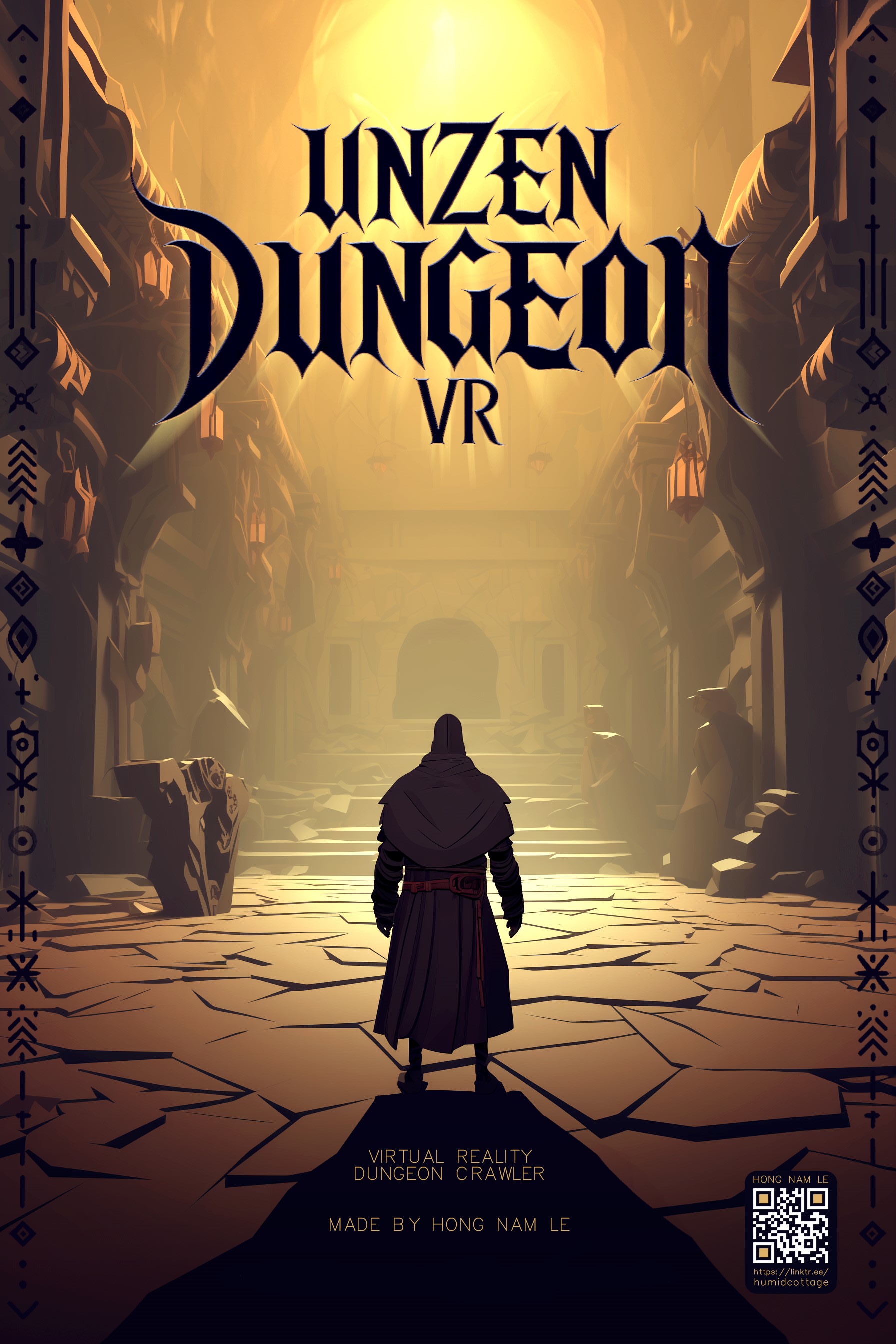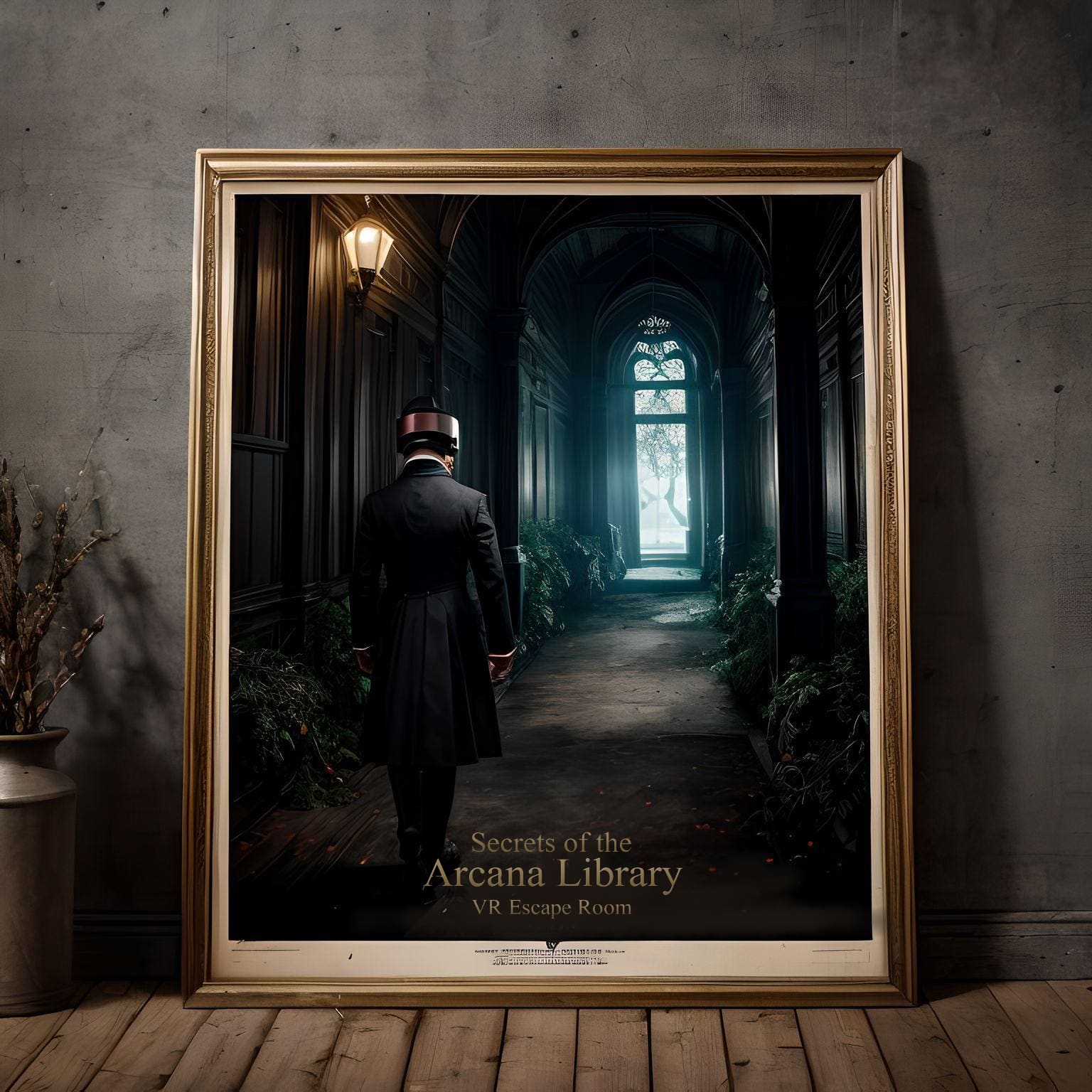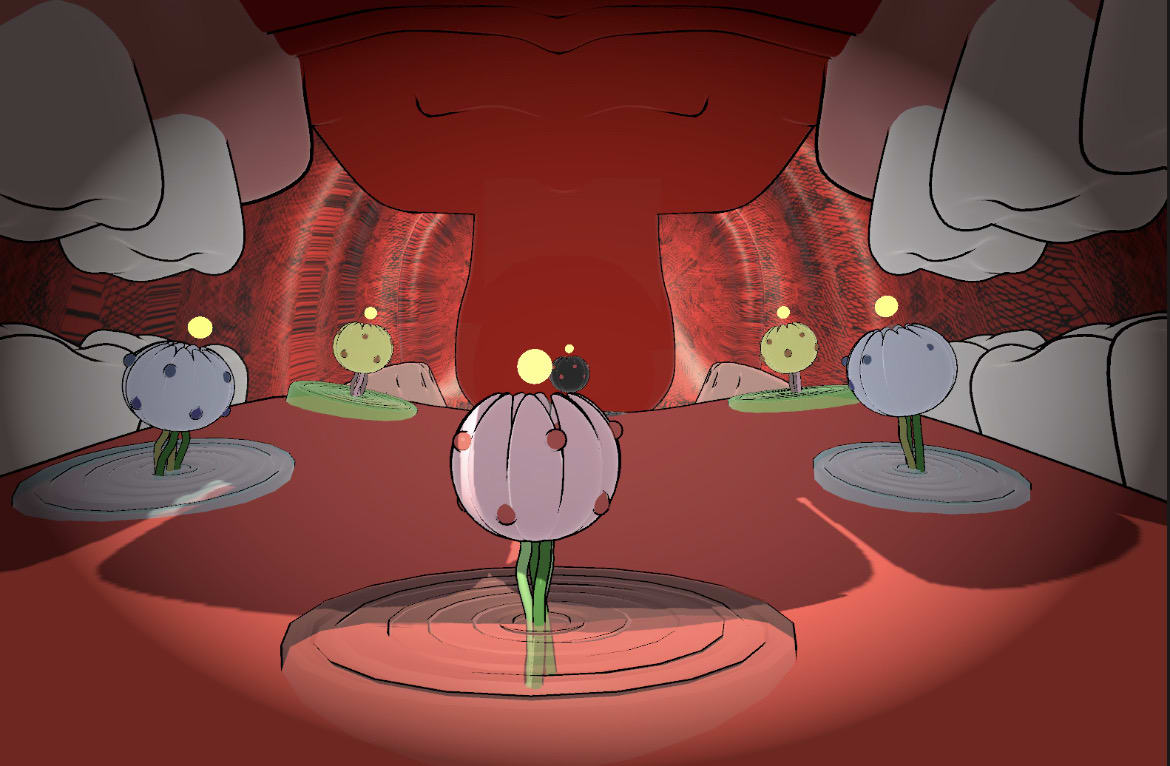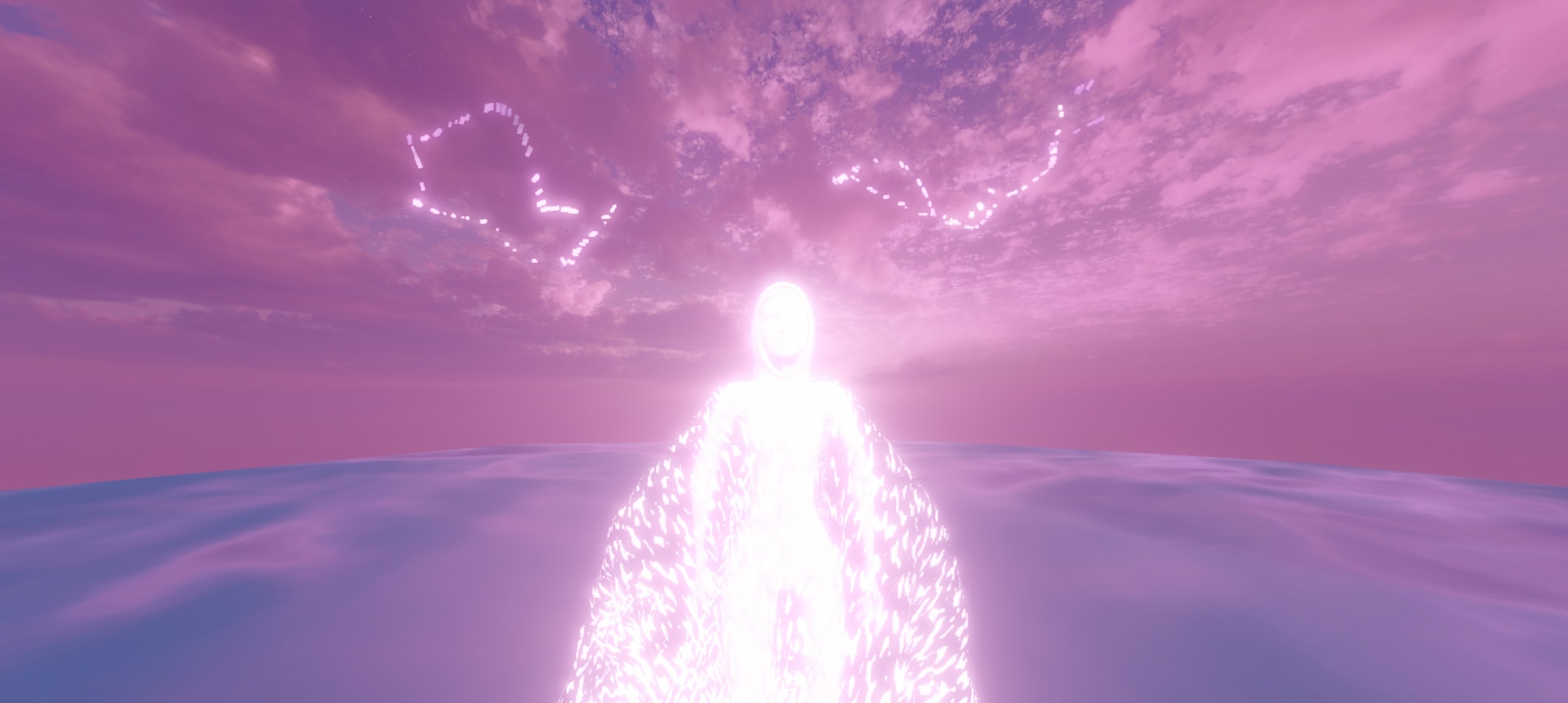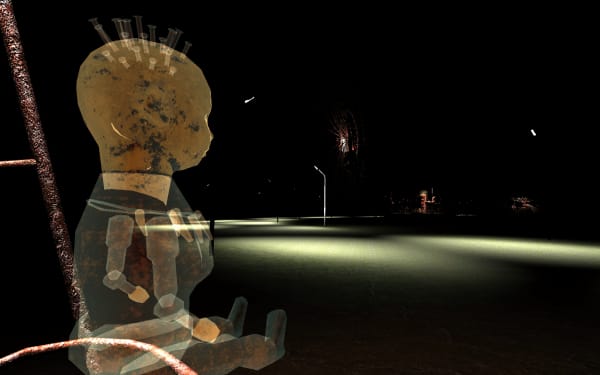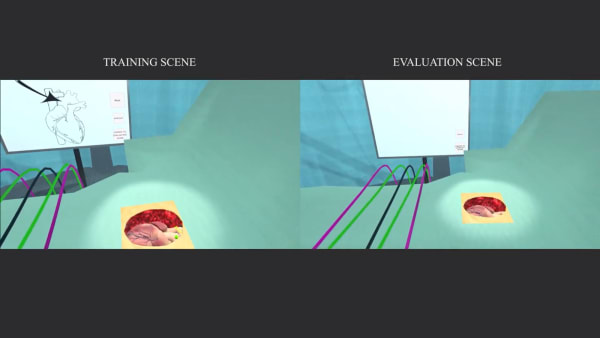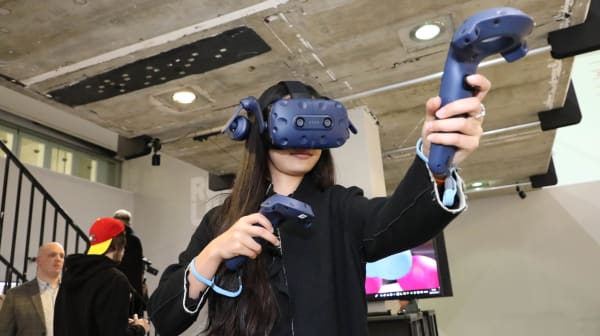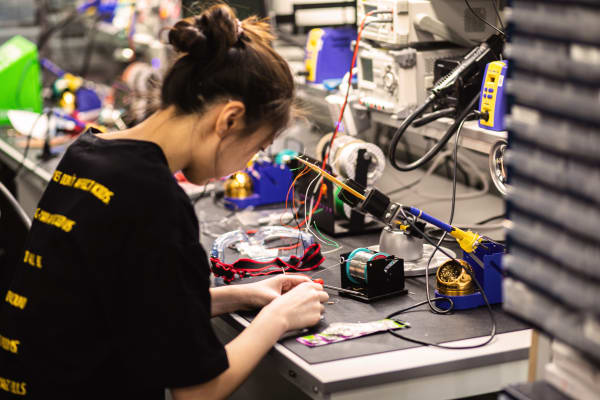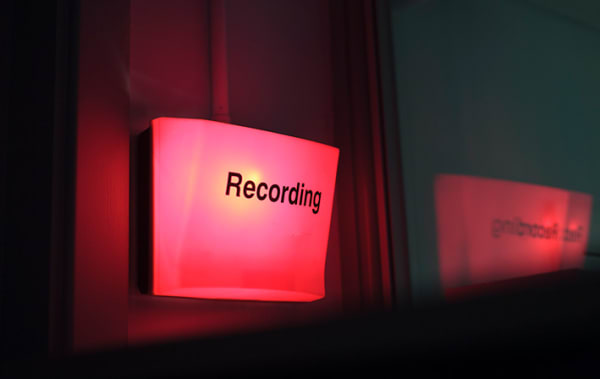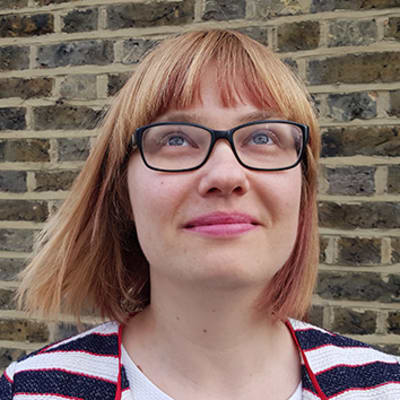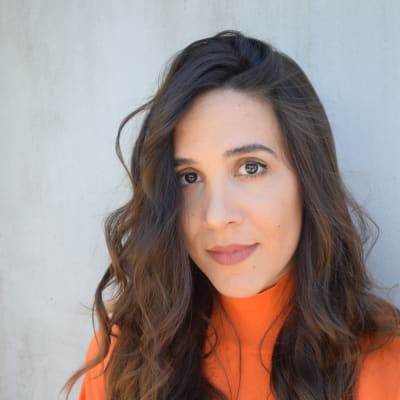Course units
In response to the Climate Emergency, UAL has embedded responsible practices within the curriculum. We shaped our courses around principles of social and racial justice, and environmental sustainability that ensure learning outcomes reflect the urgent need to equip you with the understanding, skills, and values for ethical practice and empower you to work towards an equitable future.
Each course is divided into units, which are credit-rated. The minimum unit size is 20 credits. The MA course structure involves five units, totalling 180 credits.
Autumn, Term 1
Creative VR Project Portfolio (40 Credits)
In this unit, you will have the opportunity to explore the full breadth of creative VR applications and begin to explore ways to utilise various software palettes and workflows to develop immersive products.
Designing Immersive Experiences (20 Credits)
In this unit, you’ll explore the methods, techniques and critical theories that underpin the conceptualisation and design of VR experiences. You’ll explore the principles of animation, alongside film and games concept development and use these to develop strategies that help to establish the language and workflow of VR design.
Spring, Term 2
Critical Practice and Exploration (40 Credits)
During this unit, you’ll draw on your knowledge of VR workflows and technical methodologies in order to produce a portfolio of advanced experimental, technical and critical practice. This could take the form of interactive application, games or immersive narrative experiences.
Collaborative Unit (20 Credits)
As part of the LCC Screen School strategy to enable collaboration and a project-focused approach to creative practices, you will use this unit as an opportunity to work as part of a cross-disciplinary creative team.
You’ll be encouraged to work with postgraduate students across other courses within the Moving Image and Digital Arts Programme including MA 3D Computer Animation and MA Games Design, as well as courses in other programmes within the Screen School such as MA Sound Arts and MA Film.
Summer, Terms 3 and 4
Final Project and Thesis (60 Credits)
At this final stage of the course, you’ll bring together the knowledge, skills and experience gained throughout your studies to produce a self-directed, longer-form VR project, alongside an associated thesis.
Students will specify, refine and produce an ambitious and substantial VR project that will show that they have an in-depth critical awareness of the area and the highly developed practical skills in production management, design and execution of immersive experiences to deliver a complex project on time.
This major project will demonstrate that the appropriate level of academic and technical proficiency has been reached for the award of a Masters degree.


